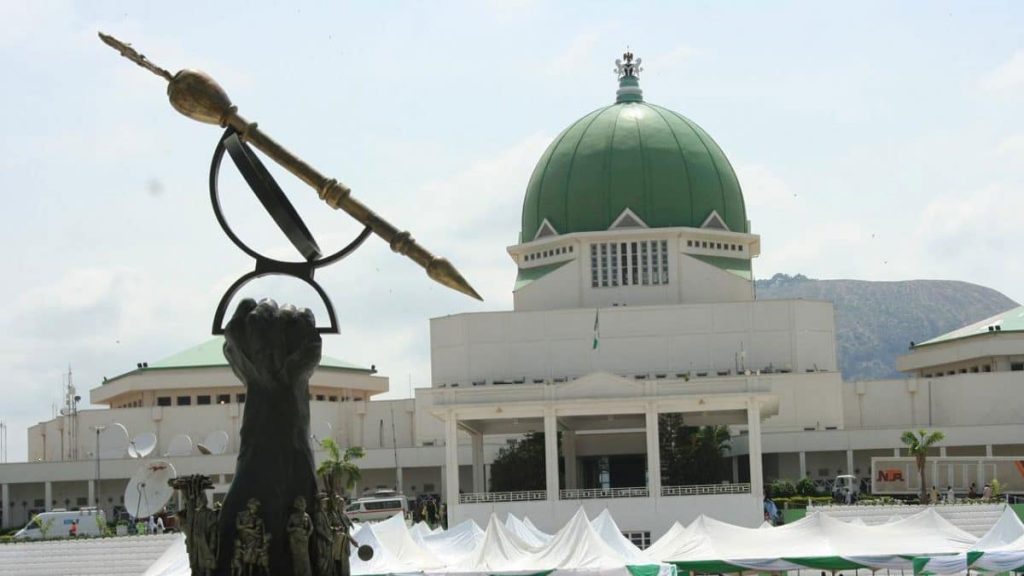CurrentReport Blog The National Assembly has assured Nigerians that the four Tax Reform Bills forwarded by President Bola Tinubu in October 2023 will be passed into law. The legislative arm emphasized its commitment to engaging with Nigerians to address misconceptions about the bills and ensure their successful implementation.
The bills under consideration include:
- The Joint Revenue Board of Nigeria (Establishment) Bill, 2024
- Nigeria Revenue Service (Establishment) Bill, 2024
- Nigeria Tax Administration Bill, 2024
- Nigeria Tax Bill, 2024
During the presentation of the 2025 budget by President Tinubu before the National Assembly on Wednesday, Senate President Godswill Akpabio and Speaker of the House of Representatives Tajudeen Abbas reiterated their support for the reforms.
Senate President Akpabio Commends Tax Reforms
Akpabio, in his opening remarks, praised the president’s “groundbreaking tax reform initiative,” describing it as a significant step in Nigeria’s fiscal history.
He stated:
“This initiative marks the first comprehensive tax reform since Nigeria’s independence. It presents a transformative opportunity for rejuvenating small and medium enterprises and enhancing the livelihoods of ordinary Nigerians.”
Akpabio also urged Nigerians, particularly those in public office, to engage thoughtfully with the reforms rather than criticizing them without understanding their merits.
Speaker Abbas Pledges Legislative Support
In his closing remarks, Speaker Tajudeen Abbas assured the president of the National Assembly’s full backing for his reform agenda. Abbas affirmed that the assembly would work to ensure the tax bills and the 2025 budget align with Nigeria’s developmental goals.
“NASS is fully committed to supporting the 2025 budget as well as other reform-oriented bills forwarded to us for consideration and passage,” Abbas said.
Extending the 2024 Budget Capital Component
Following the budget presentation, both chambers of the National Assembly moved to extend the capital component of the 2024 budget to June 30, 2025. This was achieved by listing relevant bills, which passed their first and second readings in the Senate on Wednesday.
Implications of the Tax Reforms
The tax reform bills aim to modernize Nigeria’s tax system, enhance revenue generation, and create a more conducive environment for businesses. By streamlining tax administration and introducing internationally competitive practices, the reforms promise to bolster Nigeria’s economy and support sustainable development.
As the National Assembly pledges to work closely with the executive arm, the passage of these bills is expected to mark a new era in Nigeria’s fiscal landscape.












